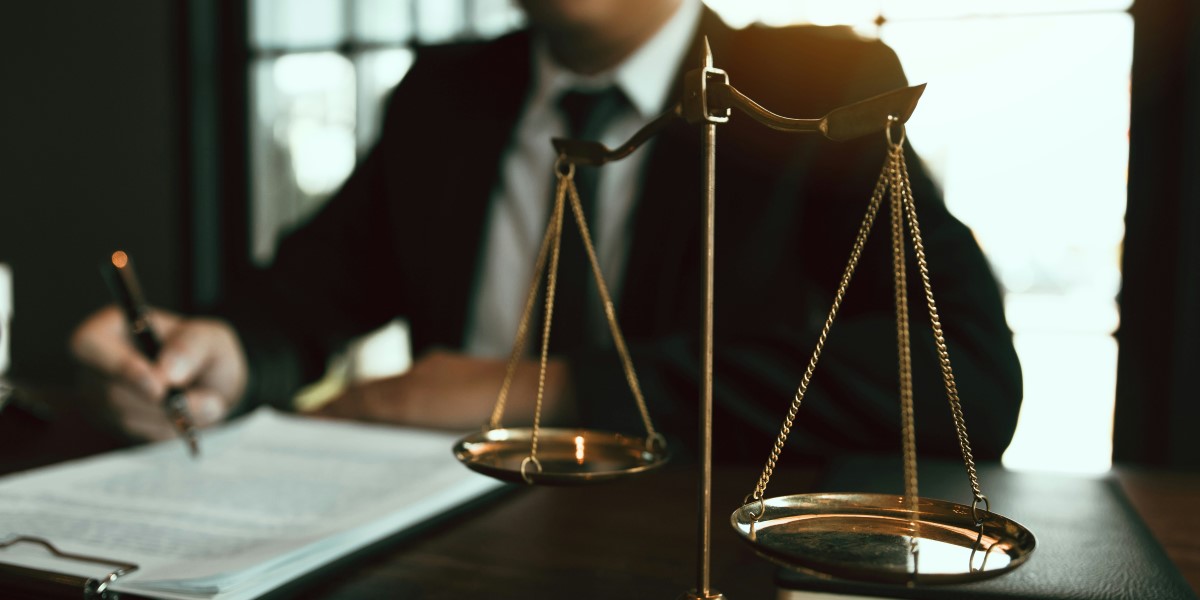The weight of serious criminal allegations can be overwhelming. If you are a victim of harassment or sexual assault, navigating this system can be overwhelming, but it is crucial to have an understanding of how the process works and the steps you need to take. Over here in San Francisco, legal professionals have developed various methods to assist individuals who have been charged with a felony. These methods not only help individuals deal with the law but also work to protect their rights and future.
Understanding the Charges
The first step in navigating the legal system is understanding the type and severity of the charges being faced. A consultation with a criminal defense lawyer in San Francisco may offer valuable clarity, helping individuals understand not only the legal definitions but also the potential consequences associated with those charges. Whether the offense is classified as non-violent or serious, understanding the nature of the allegations—and how they may be addressed in court—is a critical part of preparing for what comes next.
The Importance of Documentation and Context
In many felony cases, those involved pay close attention to records, documentation, and surrounding context. While gathering relevant information is typically handled by attorneys, those accused may be encouraged to keep track of pertinent paperwork, timelines, or communications that could inform their legal team’s approach.
Collaborative Legal Teams
Many San Francisco-based legal professionals describe complex felony cases as requiring collaboration across a range of experts. These may include legal counsel, investigators, and subject-matter specialists who assist in building a clear picture of the events in question. While outcomes depend on numerous factors, this multidisciplinary approach is often described as beneficial.
Exploring Plea Bargains
Some felony cases are resolved without going to trial. Legal experts note that plea negotiations—voluntary agreements between the prosecution and defense—are a common practice. The decision to explore such options typically depends on a range of factors, including the strength of available evidence and the risks associated with the trial. It’s a process that reflects broader legal strategies and is always tailored to individual cases.
Trial and Error — Why it Matters
When trial becomes inevitable, understanding this is crucial. They involve the presentation of evidence, witness testimony, and closing arguments. Observers often note how preparation, including knowing the charges, rehearsing statements, and understanding courtroom etiquette, can influence how individuals experience the process.
Sentencing and Appeals Process
If a conviction occurs, sentencing follows. In some cases, legal representatives may pursue an appeal, a process that examines whether errors occurred in the application of law during the original trial. Appeals are technical and usually hinge on specific legal standards, rather than the facts of the case alone.
Staying Grounded Through the Process
Individuals who have been through felony proceedings often emphasize the importance of maintaining clear communication with their legal team and seeking emotional support during what is typically a challenging time. This support may come from family, community resources, or counseling services.
Emotional and Social Support Matters
The impact of felony charges isn’t limited to the courtroom. Many individuals face anxiety, strain on relationships, or isolation. In San Francisco, support networks—whether through friends, nonprofits, or professional counseling—play a key role in helping individuals maintain stability during legal proceedings.
Conclusion
Navigating a felony charge is a deeply personal and often difficult experience. While each case follows its course, insights from the broader legal community in San Francisco suggest that preparation, collaboration, and emotional resilience can make a meaningful difference. For those facing such challenges, staying informed and connected to supportive resources may provide clarity and strength through an otherwise uncertain process.
Disclaimer: This article is for informational purposes only and should not be construed as legal advice. The information provided reflects general observations from San Francisco legal professionals and is intended to offer an overview of the legal process related to felony charges. Each case is unique, and legal outcomes depend on various factors specific to individual circumstances. It is strongly recommended to consult with a qualified criminal defense attorney for guidance tailored to your specific situation.
Published by Jeremy S.
















